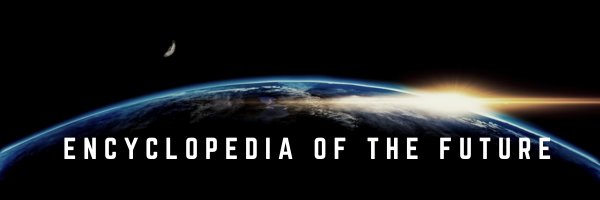Humanity stands at a crossroads, confronting a complex array of global challenges that threaten the stability of societies, the health of our planet, and the well-being of future generations. These challenges, from climate change and environmental degradation to inequality, pandemics, and conflict, are intricately interconnected, demanding holistic approaches and unprecedented levels of international cooperation.
Reading Time: 4 minutes
In the face of these crises, it is easy to succumb to despair. Yet, the history of human progress offers reasons for hope. Advances in science, technology, and global governance have demonstrated our capacity to address even the most daunting problems. The key lies in acknowledging the scale of these challenges, understanding their root causes, and mobilizing the collective will to confront them.
This chapter delves into the defining issues of our time, exploring their implications and the pathways to solutions. Each section examines a specific challenge, providing context, analysis, and insights into how we can navigate these turbulent times while building a more sustainable, equitable, and resilient world.
The Complexity of Global Challenges
Global challenges rarely exist in isolation. Climate change, for example, exacerbates water scarcity, food insecurity, and migration pressures. Inequality fuels conflict and undermines efforts to achieve universal healthcare or education. Pandemics like COVID-19 reveal the fragility of interconnected systems, exposing vulnerabilities in healthcare, economic networks, and governance.
Understanding these interconnections is essential for developing effective responses. Addressing one issue in isolation can often create unintended consequences elsewhere. For example, poorly planned efforts to boost food production might lead to deforestation, biodiversity loss, or unsustainable water use. Tackling global challenges requires an integrated approach that considers the ripple effects across social, economic, and environmental systems.
The Role of Collective Action
Global challenges cannot be solved by any single nation, organization, or individual. Their scale and complexity demand collective action across borders and sectors. International organizations, such as the United Nations, play a critical role in fostering collaboration, while non-governmental organizations (NGOs), community groups, and private-sector innovators contribute expertise and resources.
At the heart of collective action lies the principle of shared responsibility. The nations and corporations that have historically contributed the most to greenhouse gas emissions, for instance, bear a greater responsibility to lead climate mitigation efforts. Similarly, wealthier countries have a moral obligation to support equitable access to healthcare, education, and technology in less developed regions.
Yet, collective action also requires inclusivity. Empowering marginalized communities, respecting local knowledge, and ensuring equitable participation in decision-making processes are essential for building solutions that work for everyone.
Technology and Innovation: Double-Edged Tools
Technology offers powerful tools for addressing global challenges, from renewable energy systems and precision agriculture to vaccine development and artificial intelligence. Innovations in data analytics and satellite monitoring, for example, allow us to track deforestation, predict natural disasters, and optimize resource use with unprecedented precision.
However, technology is not a panacea. It can exacerbate inequalities, create new risks, and distract from systemic changes. For instance, the promise of geoengineering solutions to climate change may divert attention from the urgent need to reduce emissions. Ensuring that technology serves as a force for good requires careful governance, ethical considerations, and a commitment to equitable access.
The Need for Hopeful Narratives
Addressing global challenges requires not only practical solutions but also compelling narratives that inspire action. Stories of progress, resilience, and collaboration can counteract cynicism and apathy, galvanizing individuals and communities to contribute to the greater good.
Hans Rosling’s Factfulness reminds us that while global challenges are real, so too is the capacity for human ingenuity and cooperation to overcome them. By fostering hope and highlighting the tangible steps we can take, we can build the momentum needed to confront these challenges head-on.
Toward a Sustainable and Equitable Future
The stakes have never been higher, but neither has the potential for transformative change. By understanding the interconnected nature of global challenges, embracing innovation, and fostering collective action, we can navigate this critical moment in history and build a future that reflects our highest aspirations.
This chapter invites readers to engage with these pressing issues, not as passive observers but as active participants in shaping a better world. Together, we can turn crises into opportunities, challenges into triumphs, and uncertainty into hope.
Modification History File Created: 12/08/2024 Last Modified: 01/21/2025
You are welcome to print a copy of pages from this Open Educational Resource (OER) book for your personal use. Please note that mass distribution, commercial use, or the creation of altered versions of the content for distribution are strictly prohibited. This permission is intended to support your individual learning needs while maintaining the integrity of the material.
This work is licensed under an Open Educational Resource-Quality Master Source (OER-QMS) License.

